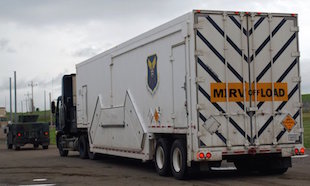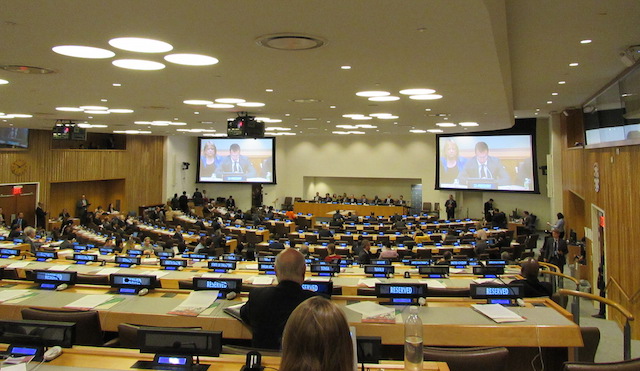By Emad Mekay* | IDN-InDepthNews Analysis
CAIRO (IDN) – When the U.S.-Iran nuclear deal was announced in July, the image in state-controlled Saudi media was of Western powers caving in to a new powerful neighboring foe. The usually reticent Saudi officials paid the usual diplomatic lip-service to the agreement but social media, academia and state-owned news outlet all portrayed a different picture; profound Saudi anxiety that included statements that the oil-rich country can use its wealth to go nuclear.










